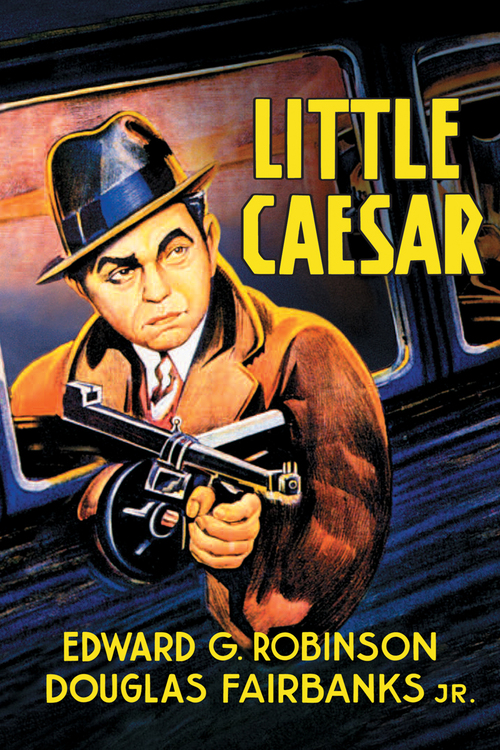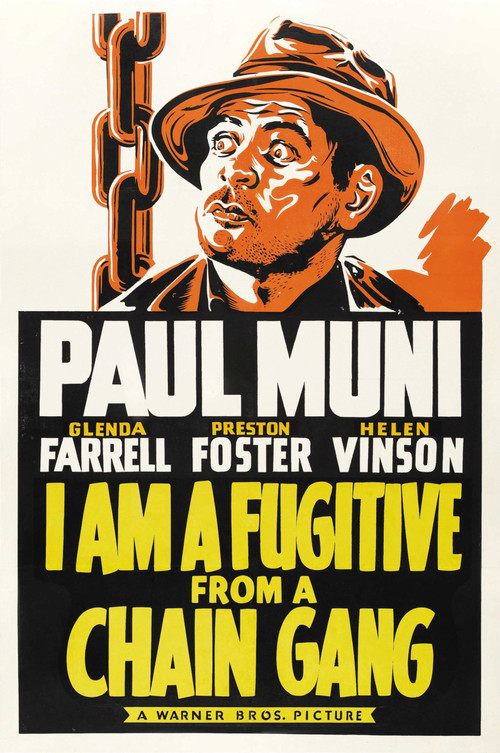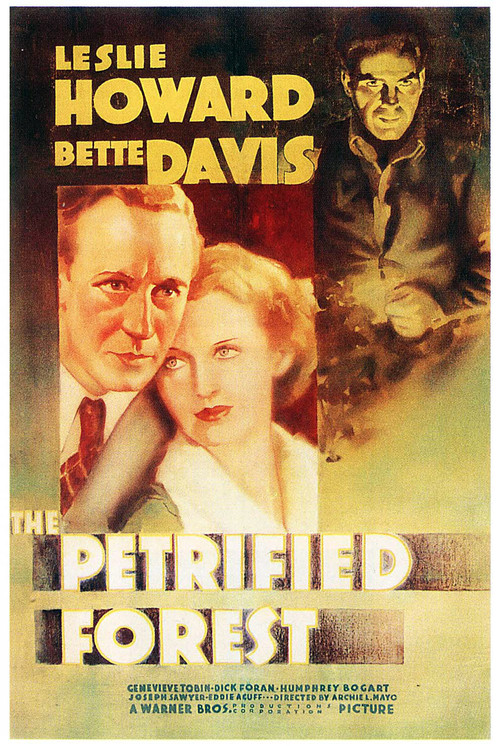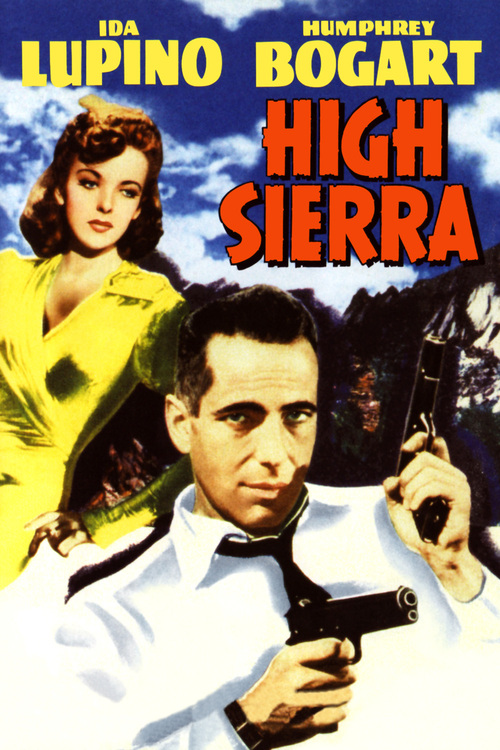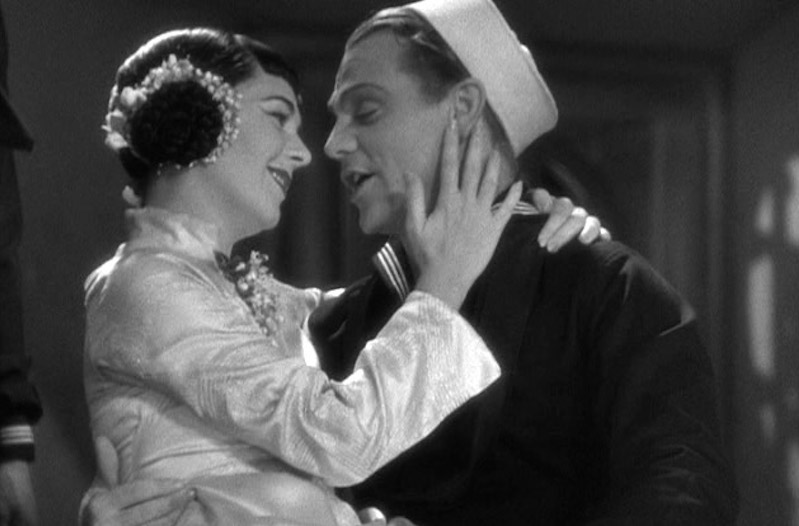
A few months ago, I was watching an early Cagney feature called “Taxi!” (1932), and in one memorable scene, witnessed the diminutive but feisty actor of Irish/Norwegian stock speaking Yiddish…not one or two words, mind you, but whole sentences. And I thought to myself — yet another reason to love Jimmy Cagney.
In fact, Cagney learned that language fluently growing up dirt-poor on New York’s Lower East Side in the first two decades of the last century. But he had much more than language skills in his favor.
Though compact, he was scrappy and a natural fighter, often protecting his kid brother from neighborhood bullies. He eventually learned how to box, and became skillful enough to consider doing it for a living.
He also knew how to hustle and sell. He was in constant motion. From early days, he worked several jobs to support his family. Even once he’d made it in Hollywood, he sent his mother the majority of his earnings till the day she died.
Of course Cagney never mentioned that. He did talk about the value of hard work and enterprise, stating in his usual down-to-earth way: “Where I come from, if there’s a buck to be made, you don’t ask questions, you go ahead and make it.”
Independent and outspoken by nature, he was a dogged, ruthless negotiator with the studios. He was also a family man, through and through. In Hollywood, a town where marriages come and go like the seasons, Cagney remained true and devoted to his wife, Frances, known as “Billie,” over a sixty-four year marriage. Together they adopted two kids, and one of them, James Cagney, Jr., became an actor.
Eschewing all the publicity and pomp of Tinseltown, Cagney loved the peace and tranquility of country life, places where, as he put it, “there were more animals than people.” He and Billie would eventually retire to a bucolic horse farm in New York’s Dutchess County for the last quarter century of his life.
As for his distinctive acting style, he was electric. A telling quote from him: “There’s not much to say about acting but this. Never settle back on your heels. Never relax. If you relax, the audience relaxes. And always mean everything you say.” Though he brought off his unique on-screen persona with incredible finesse, you always felt Cagney was indeed on the balls of his feet, ready to spring like a bantam rooster.
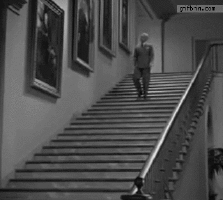
Many who think of him as the screen’s ultimate tough guy will be surprised to learn that in his first paying gig on the stage, he cross-dressed to play a lady of the chorus. He was secure enough in his masculinity to be not the least bit embarrassed.
In the twenties, Cagney started performing as a song-and-dance man in vaudeville, and in his film career, would always relish those opportunities when he was able to lay down his Tommy gun and showcase his distinctive style of hoofing.
Yet of course, it was the gangster film made him famous. Originally, Cagney was slated for the second lead in “The Public Enemy” (1931), alongside co-star Edward Woods, but director William Wellman had them switch roles after watching the first set of dailies. It was the right decision, as the film was a monster hit. Virtually overnight, James Cagney was a movie star.
He’d then work pretty much continually over the next three decades, retiring gracefully after starring in Billy Wilder’s 1961 Cold War comedy, “One, Two, Three.” (Though many adore this film, I think it’s somewhat dated. Still, Cagney’s bravura performance alone makes it worth seeing.)
Though tempted by many good offers (including Art Carney’s role in 1974’s “Harry and Tonto,” which netted Carney an Oscar), the star would only return to the screen one last time a full two decades later, in Milos Forman’s “Ragtime” (1981).
This was partly in reaction to a minor stroke Cagney had suffered several years before, which prevented him from pursuing beloved activities like painting and riding. It was felt that being in front of the camera again would lift his spirits. By all accounts it did, and the spirits of audiences everywhere rose as well.
With wife Billie by his side, James Cagney died quietly at the farm he so loved in 1986. Thankfully for us, his movies are immortal, and they make him so. Here are my own personal Cagney favorites:
The Public Enemy (1931)
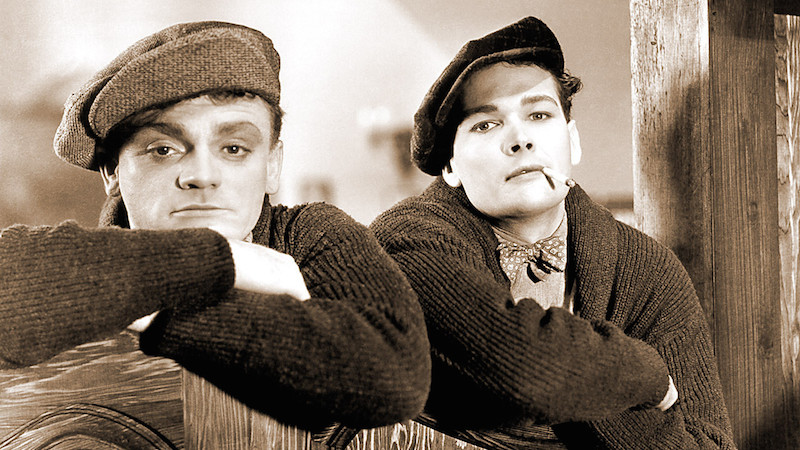
Landmark gangster film is the first of several cautionary Cagney pictures that illustrates the price to be paid for choosing a life of crime. Here he’s a wayward Chicago youth who grows up to be a gangster. Famous for the scene where he pushes a grapefruit into Mae Clarke’s face.
Footlight Parade (1933)
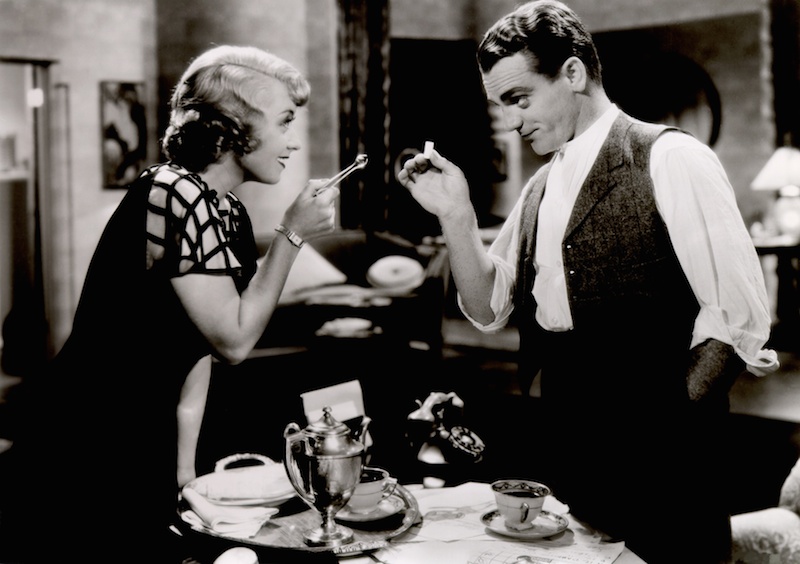
Producer Cagney decides to shoot short musical prologues for the new “talking pictures”, but the competition keeps stealing his ideas. So he quarantines his whole cast for a three-day shoot. The ever-appealing Jimmy combines with crooner Dick Powell, Ruby Keeler, and the choreography of Busby Berkeley to create musical magic.
G-Men (1935)
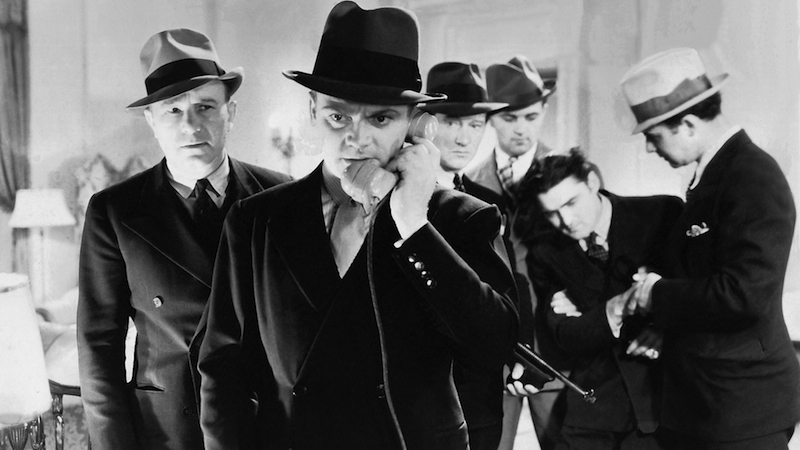
When his best friend is gunned down by mobsters, a tough young lawyer from humble origins (Cagney) decides to become a G man. Initially, his FBI boss (Robert Armstrong) is skeptical, knowing his underling’s law degree was financed by a mobster, but our hero soon proves himself. It’s good to see Jimmy on the right side of the law!
Angels With Dirty Faces (1938)
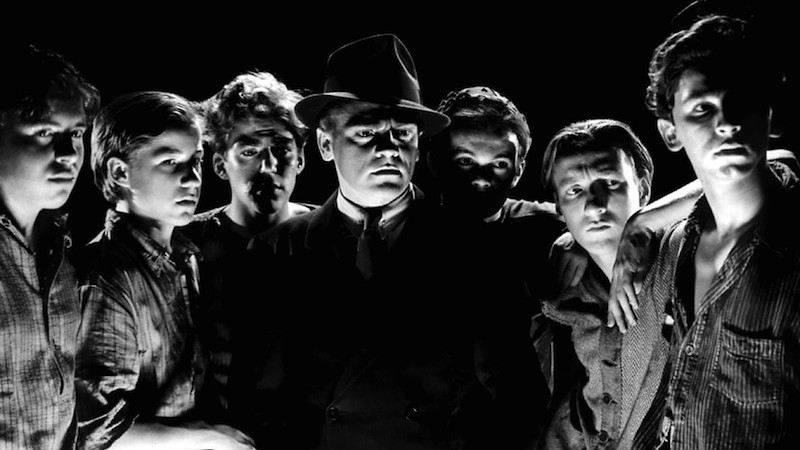
Two kids from a rough neighborhood commit a crime, and only one escapes. The one who’s caught (Cagney) goes to reform school and becomes a crook, while the one who gets away (O’Brien) becomes a priest. These two childhood friends then compete for the loyalty of a new generation in the neighborhood. This quintessential Cagney gangster outing hasn’t lost any of its punch.
The Roaring Twenties (1939)
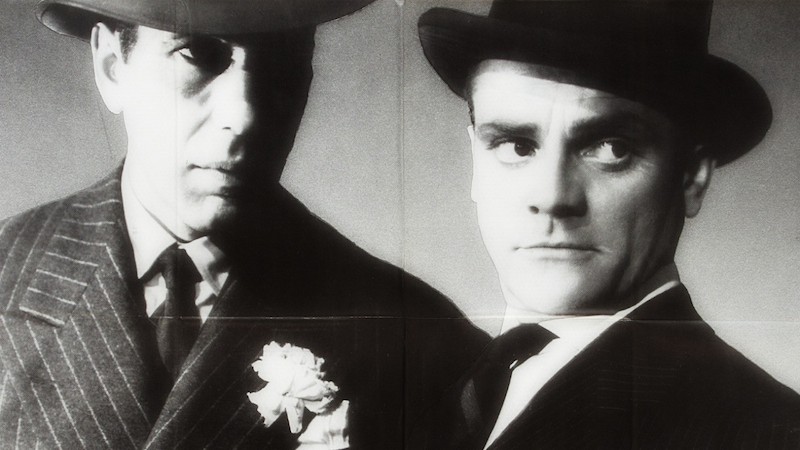
Here, Cagney pairs up with Bogart (still playing second banana then), as two doughboys in the trenches of World War 1 who come home and build up a lucrative underworld business, making the most of Prohibition. Only problem is, Bogie’s character is a dirty double-crosser. Look out, Jimmy!
Yankee Doodle Dandy (1942)
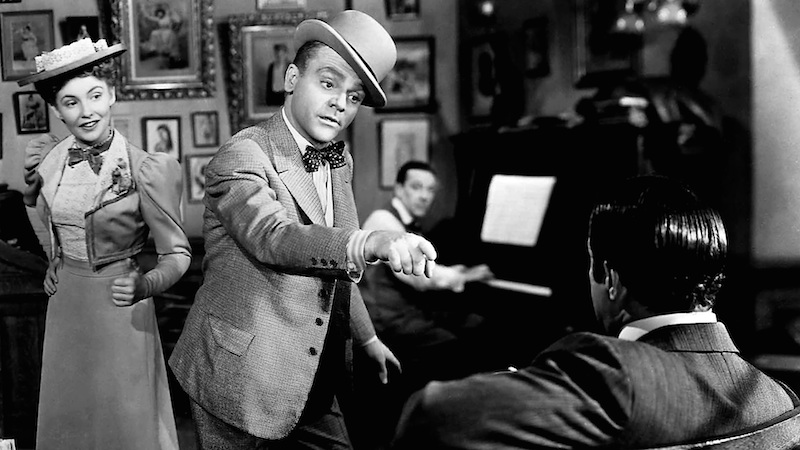
In an Oscar-winning tour-de-force, Cagney plays famed early twentieth century songwriter/showman George M. Cohan, author of such patriotic tunes as “Over There” and the title song, whose life and career seemed to mirror the best of America at a time when the country was entering a new World War. Cagney gets to sing, dance and charm his way into our hearts.
White Heat (1949)
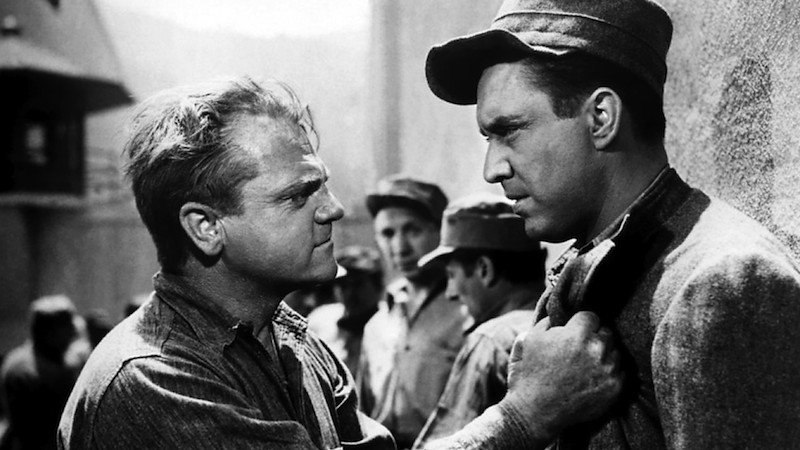
Jimmy reprises his classic gangster role, playing a bank robber and psychopath with a mother complex. Wife Virginia Mayo betrays him with a younger member of the gang while he’s in stir, but this is just one of many problems he faces. This Raoul Walsh outing is still surprisingly potent, and Jimmy was never better.
Love Me or Leave Me (1955)
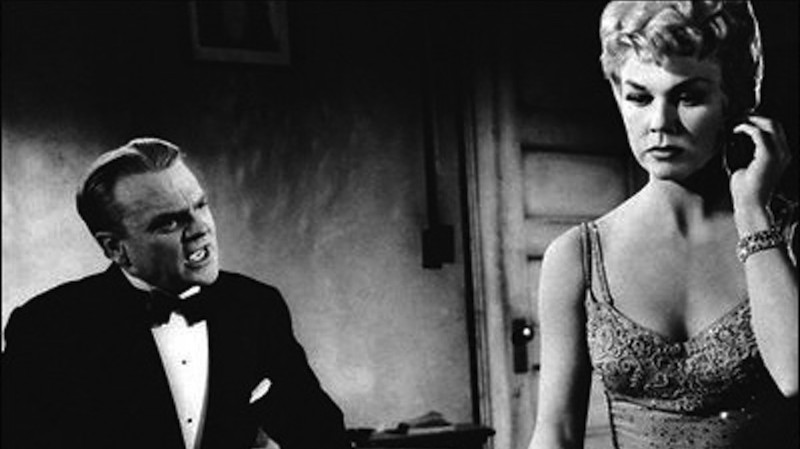
Dramatization of singer Ruth Etting’s story provides an ideal showcase for the talents of Doris Day, and another juicy, sinister turn for Cagney. Ruth (Day) is an aspiring singer who allows connected gangster Cagney to advance her career. Once she’s made it, he expects romantic payback. However, she’s fallen for a younger man (Cameron Mitchell). This cannot end well, but we’re gripped anyhow.
Mister Roberts (1955)
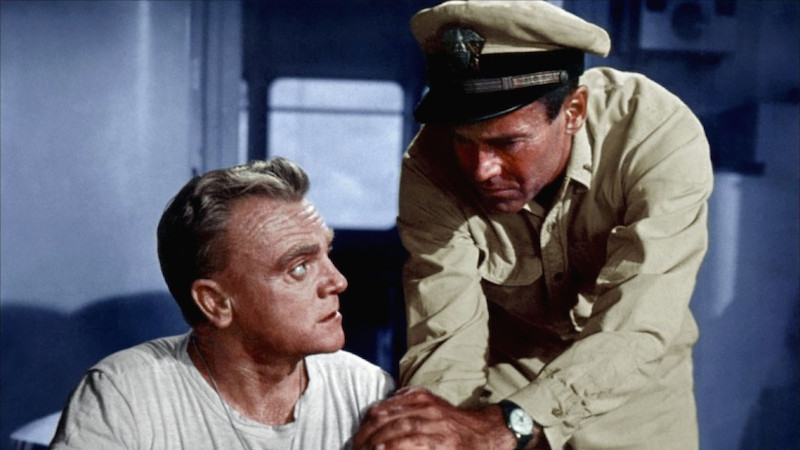
In this memorable service drama, Henry Fonda reprises his Broadway role as the title character, an officer stuck on a cargo ship in World War 2 who’s dying to get into the thick of the action. Cagney is his irascible skipper, and in his own inimitable way, makes a thoroughly unsympathetic character both memorable and fascinating.
